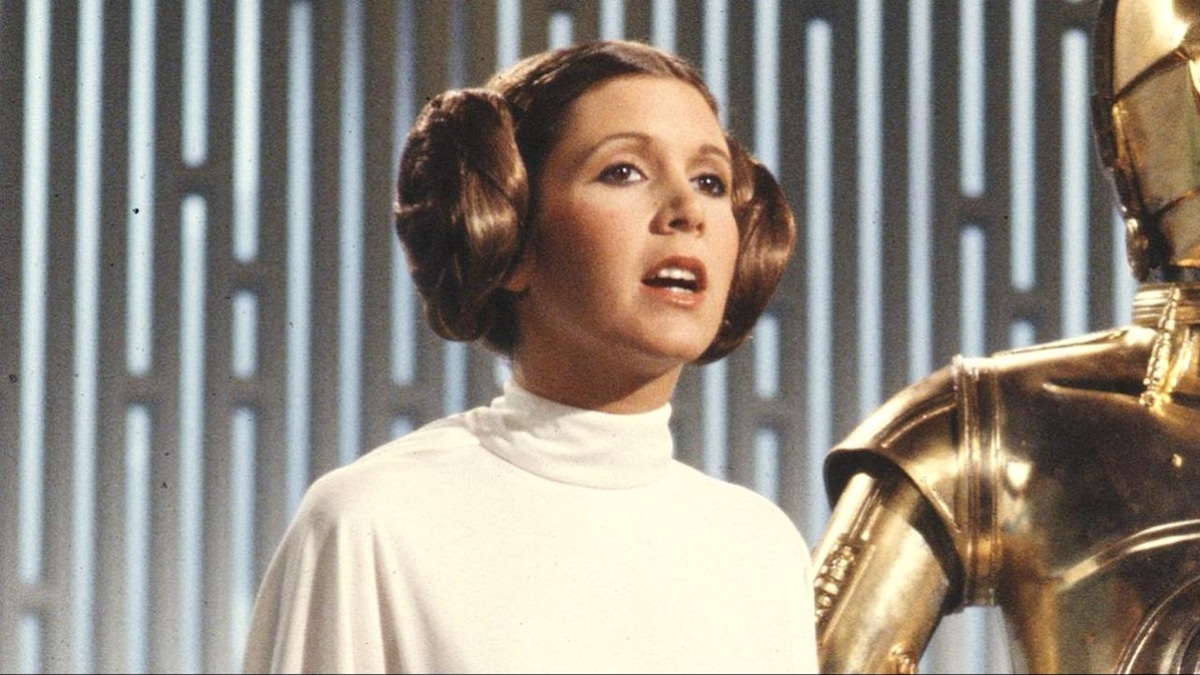We all probably know by now that when it comes to films, “award-winning” does not always equate to diverse. In fact, it may come as a surprise to many, but several of our beloved films growing up don’t even pass the Bechdel-Wallace Test. And with the Academy set to announce their list of this year’s highly anticipated nominees for the 95th Academy Awards, I thought it would be an interesting exercise to look back on some other previous Oscar nominees that actually failed the Test.
Before anything else, what is the Bechdel-Wallace Test, anyway?
Sometimes called the “Mo Movie Measure” or the “Bechdel Rule,” the Bechdel-Wallace Test looks for three simple elements in a movie: first is that it has to have two women in it. Second, the two women must interact or talk with one another, and finally, third, what they talk about has nothing to do with a man. It sounds simple enough, but you’d be surprised by just how many popular movies actually fail this test.
The test itself first appeared in a comic strip back in the ‘80s by cartoonist Alison Bechdel, who is often credited for having come up with the methodology first. Bechdel, however, has gone on record emphasizing that she personally calls it the Bechdel-Wallace Test: “I feel a little bit sheepish about the whole thing because it’s not like I invented this test or said, ‘This is the Bechdel Test.’ It somehow has gotten attributed to me over the years,” the cartoonist said, also giving credit to her friend Liz Wallace, with whom she had the conversation that sparked the idea in the first place.
Now, all of this isn’t to say that the Bechdel-Wallace Test is a straight and fast arbiter of good or bad films. Think of it more as food for thought or a method of gauging how women are represented and depicted in film and media. In other words, the test aims to try out a film’s approach toward gender bias. It would be a little too reductive to declare films as Just Plain Bad for not passing the test.
The Numbers
To set expectations for this list, according to a 2018 analysis from the BBC, only 49% of the Best Picture winners from the years 1929 to 2017 have passed the Bechdel Test. In another study conducted by Ceretai, a Swedish startup dedicated to the analysis of diversity in media, for the nominated Best Picture films of 1977 to 2006, only 1,865 speaking characters were female out of 6,833. That leaves only a measly 27% dedicated to female voices in between those years. Julie Dahlgren notes that having men speak over women in films more often, “teaches us indirectly that men are more worth listening to, and the first step to changing this is to become aware of the problem. And this is done by producing the data.”
Avatar (2009)
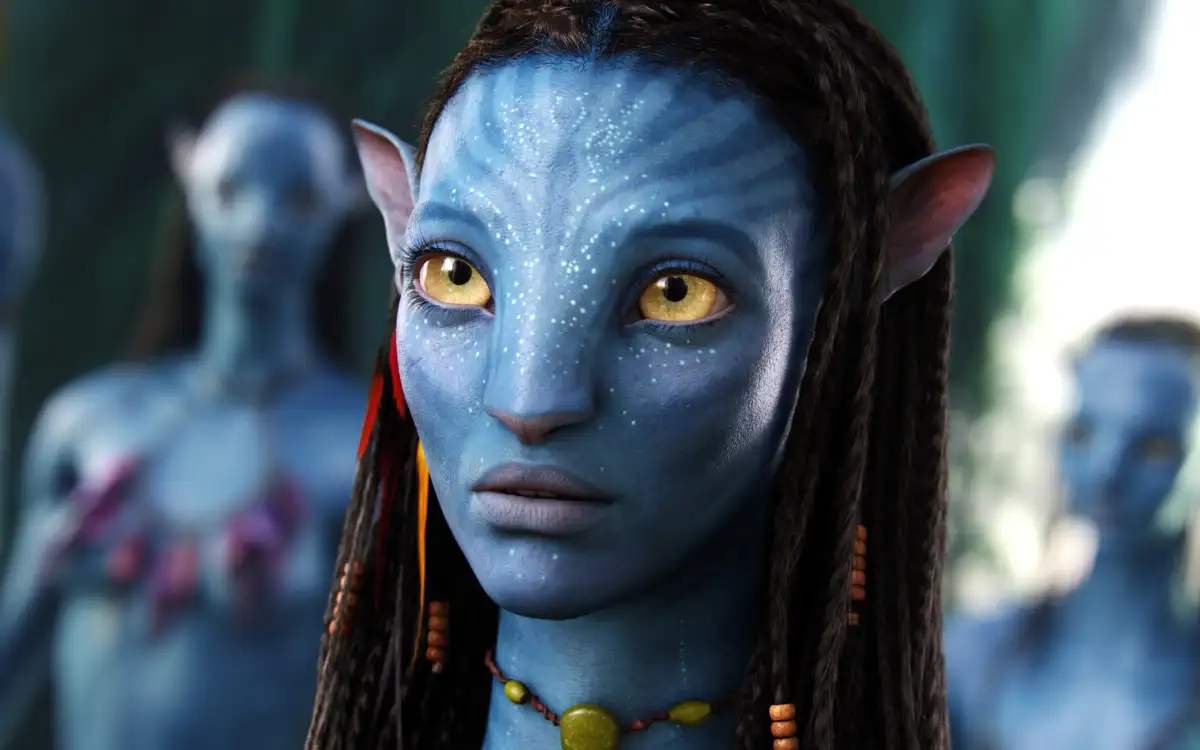
James Cameron’s 2009 blockbuster movie does have strong feminist themes but fails the Test in one key aspect: its strong female leads Neytiri (Zoe Saldana) and Dr. Grace Augustine (Sigourney Weaver) don’t actually talk to each other in Pandora. Now, many have argued that the movie makes up for this in several scenes featuring women talking to one another but if you think about it … most of those characters aren’t even named, and the conversations are very brief and barely even qualify as an actual conversation.
Breakfast at Tiffany’s (1961)
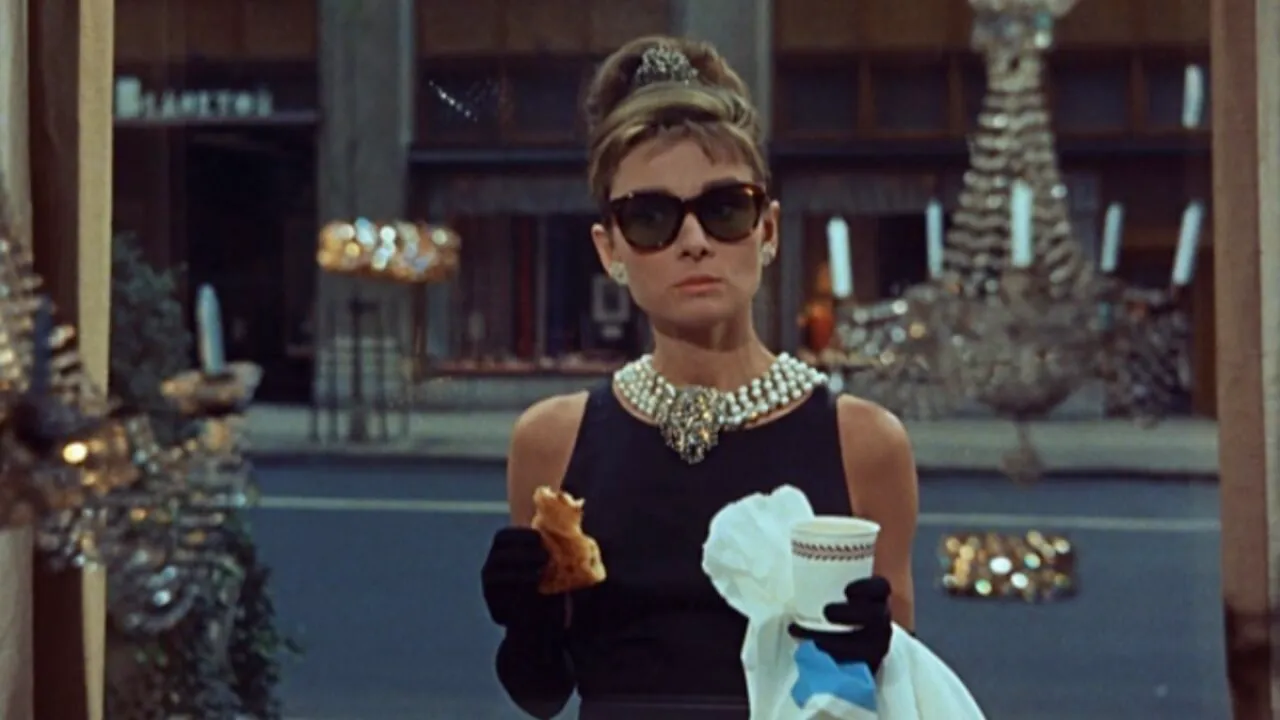
Audrey Hepburn’s Holly Golightly is a female icon in her own right: Clad in chic clothes and pearls, she lives independently, refuses to be tied down, and is unapologetic when it comes to her sex work. Unfortunately for the legendary 1961 film, it fails on the ground that it doesn’t feature any of its female characters talking about anything but a man, as several users on the Bechdel-Wallace Test website have pointed out.
Casablanca (1942)
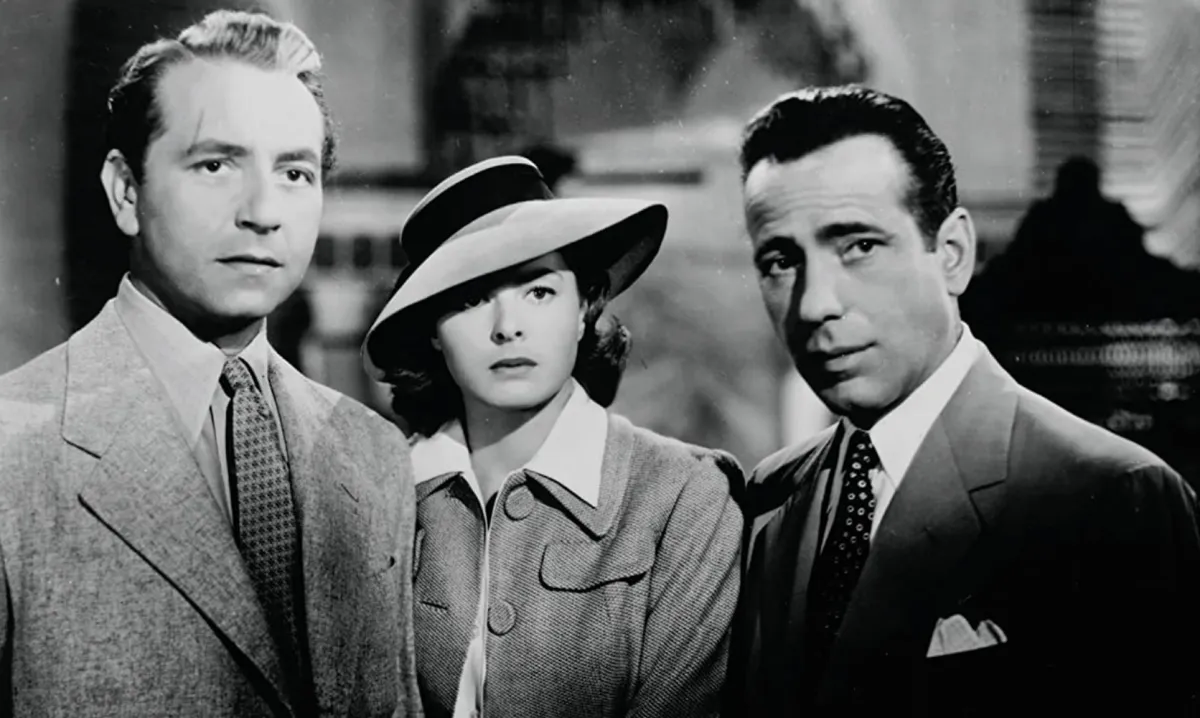
As screenwriter Michael Grais once said, what makes Casablanca iconic and remarkable is how its characters are both universal and particular to its time. Widely regarded as among the greatest films of all time, Casablanca definitely aged well and is also probably the most quoted movie of all time. I mean, come on: “We’ll always have Paris,” “Here’s looking at you, kid,” “Of all the gin joints in all the towns in all the world, she walks into mine.” Despite all that, however, it doesn’t quite make the mark with the Bechdel-Wallace test in that none of its female characters really interact or talk with one another.
Her (2013)
Alright, so this one has been a topic of debate for a while now but the Test’s official website has ruled that Spike Jonze’s 2013 Oscar-nominated film that features a man falling in love with an operating system does not pass. And personally, I agree. As several commentators have mentioned on the film’s log on the website, we don’t really have a reason to believe the operating systems in Her are female. Sure, they’re voiced by women, but that shouldn’t really necessitate that they’re female.
Jackie Brown (1997)
Alison Bechdel herself cites Jackie Brown as an excellent example of a film that technically fails the Test but remains a stellar movie on feminism. She shared in an interview with Cosmopolitan: “It absolutely fails the Bechdel test, but it has one of the strongest female protagonists I’ve ever seen in a Hollywood movie—it’s an amazing feminist text. But I’m not a stickler about the Test—if I were, I wouldn’t see many movies.”
We agree. In the film, Pam Grier’s titular Jackie Brown is a flight attendant who is tapped by agent Ray Nicolette (Michael Keaton) and detective Mark Dargus (Michael Bowen) for her help in catching her boss, arms dealer boss, Ordell Robbie. Brown botched smuggling money for Robbie and although she agrees with Dargus and Nicolette in tracking Robbie down, she decides to pull a 180 and double-cross all of them instead.
Star Wars (The Original Trilogy, 1977 – 1983)
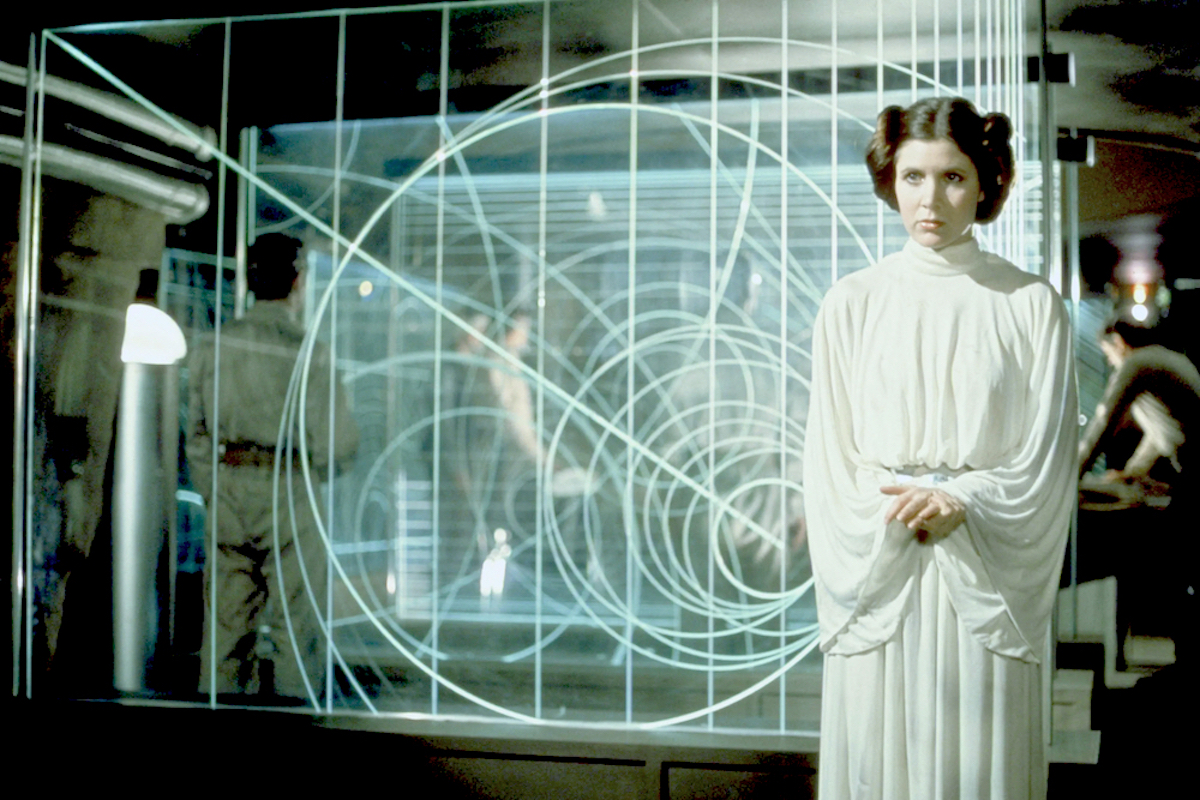
Princess Leia is, of course, a staple in the roster of our favorite kick-ass female leads but that doesn’t exactly quite seal the deal for the Original Trilogy’s passing the Bechdel-Wallace Test. Throughout the trilogy, Leia doesn’t actually have other female characters to talk to, and when other girls do appear onscreen, they’re either nameless slaves or just don’t talk at all.
The Girl with the Dragon Tattoo (2011)
To be fair, The Girl with the Dragon Tattoo centers on hacker Lisbeth Salander whose occupation, by its very nature, doesn’t really allow her to interact much with others, and that’s only further bolstered by her antisocial nature. When the named female characters of the film do speak, it’s never really with each other.
The Grand Budapest Hotel (2014)
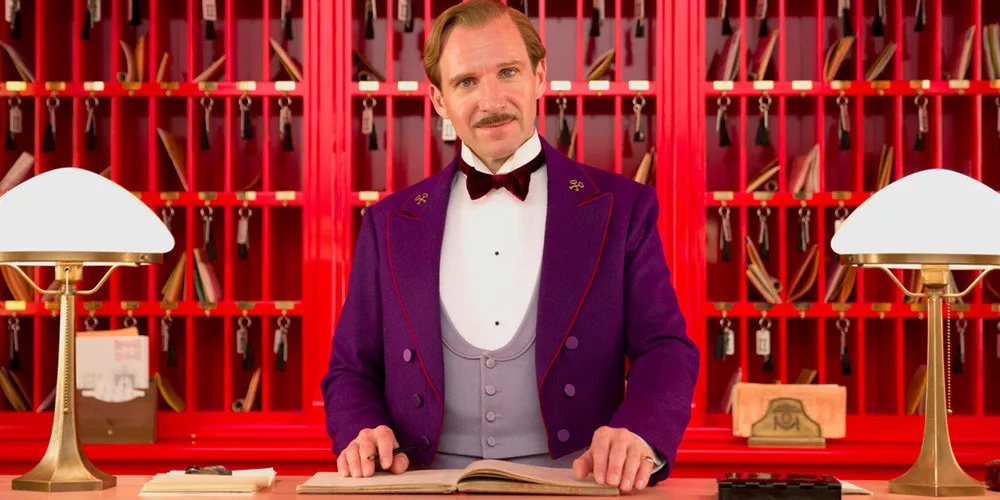
Auteur director Wes Anderson’s colorful and fictional Grand Budapest Hotel is famous for being a once glamorous European ski resort but not exactly a popular choice for a girl’s weekend. Kidding aside, the Academy-Award-nominated film boasted of an all-star ensemble that included actresses Tilda Swinton, Léa Seydoux, and Saoirse Ronan—none of whom talk to one another throughout the course of the film.
Like Jackie Brown, however, Bechdel herself has talked about her personal enjoyment of the film, again emphasizing once more that we shouldn’t take the Test’s results as is: “Two other movies I’ve enjoyed recently are The Grand Budapest Hotel and About Time. Pretty much total Bechdel Fails, but enjoyable in their own way.”
The film follows junior lobby boy, Zero, who befriends Monsieur Gustave, the hotel’s long-time concierge. Gustave has taken Zero under his wing and primarily boasts of being the mind behind the Grand Budapest’s excellent services—which encompasses him providing … sexual favors to some of its elderly patrons. Unfortunately for Gustave, one of his lovers unexpectedly dies, and he ends up being a suspect.
The Imitation Game (2014)
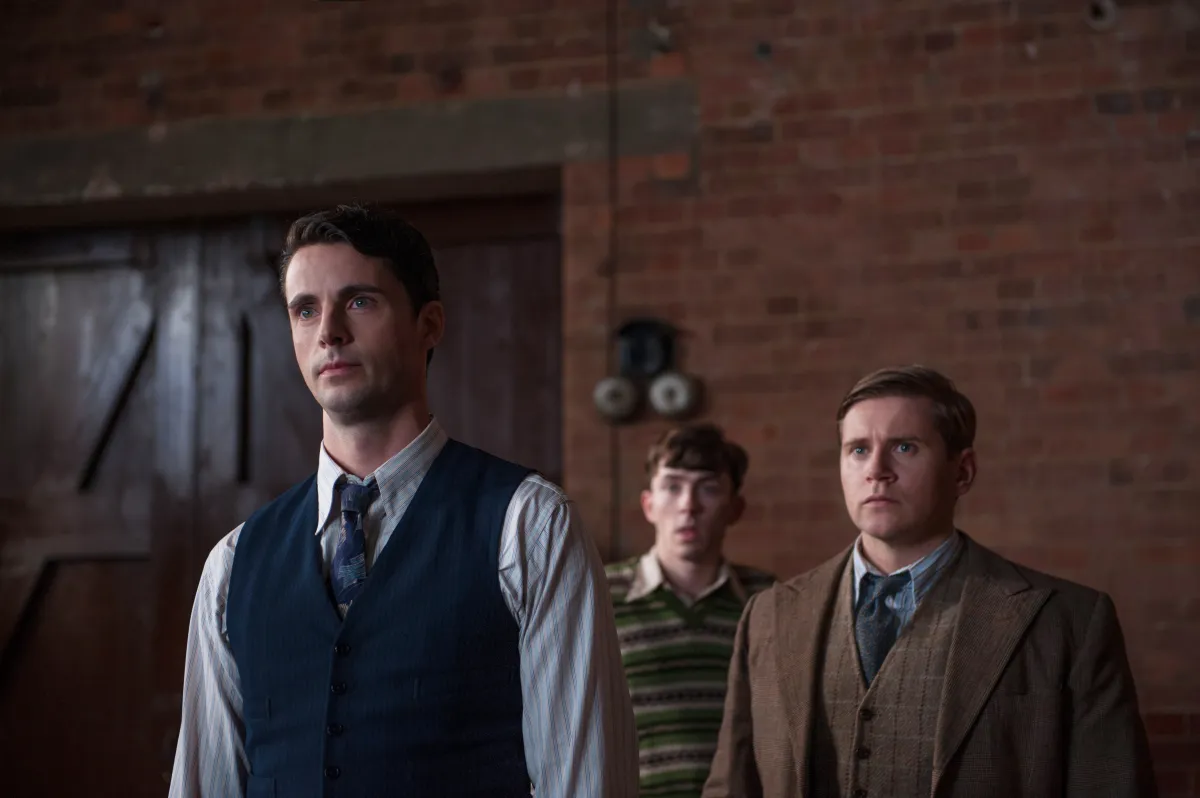
With over eight nominations during the 87th Academy Awards, The Imitation Game showcased the true story of mathematician and War Hero Alan Turing, who is now hailed as the father of modern computer science. The film follows Turing and his team of fellow mathematicians cracking Nazi Codes, including its infamous Enigma. Joining Turing among his talented team of codebreakers was Joan Clark (played by Keira Knightley), who was wonderfully portrayed and whose intelligence was very much highlighted. Disappointingly, she only holds one conversation with another woman throughout the two-hour epic, and in it, she and Tuppence Middleton’s Helen only talk about men.
Whiplash (2014)
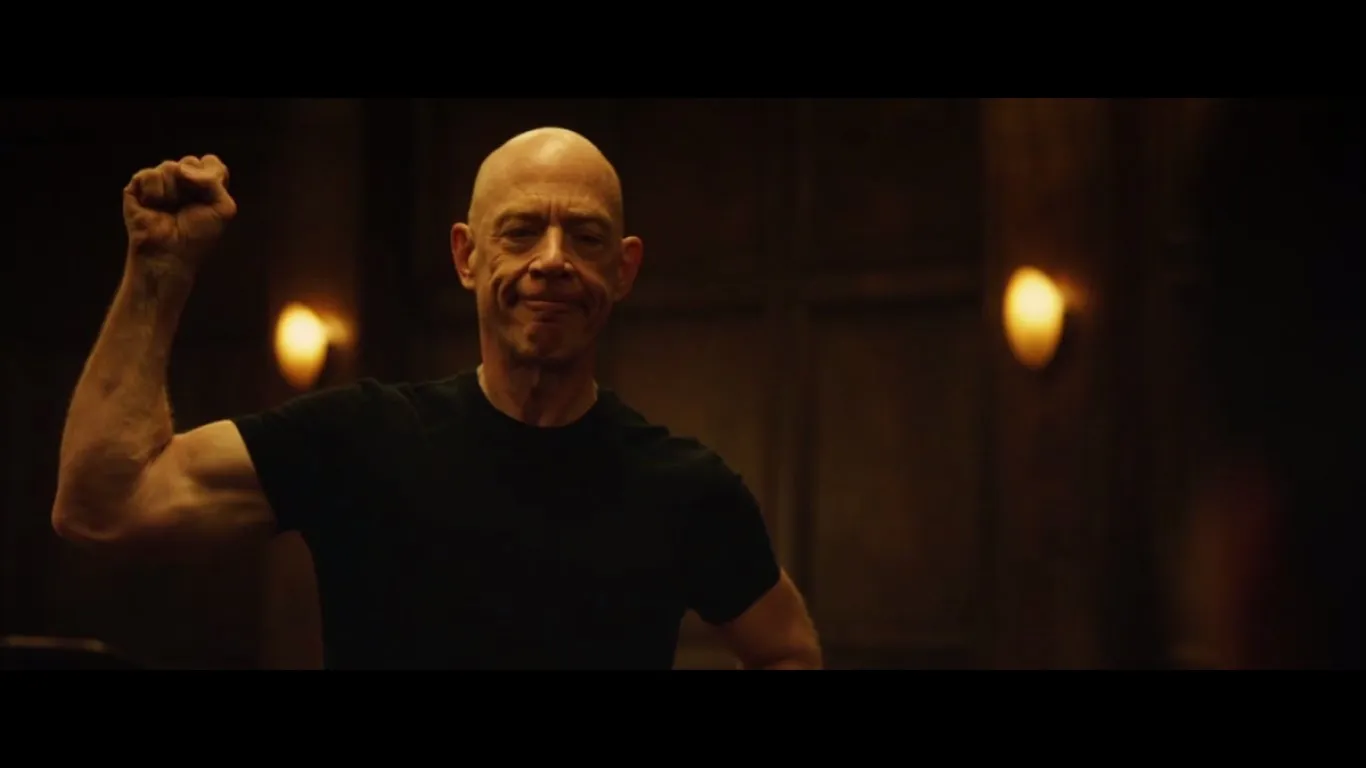
Directed by Damien Chazelle, Whiplash tells the story of Andrew Neiman (played by Miles Teller), whose goal is to rise within the ranks of his elite music conservatory under the supervision of his mentor, Terence Fletcher (played by J.K. Simmons). Given its plot, some would argue that it probably makes sense that it fails the Test but keep in mind that this film is set in a school. You’d have thought that there would have at least been more than two female characters in it.
Eternal Sunshine of the Spotless Mind (2004)
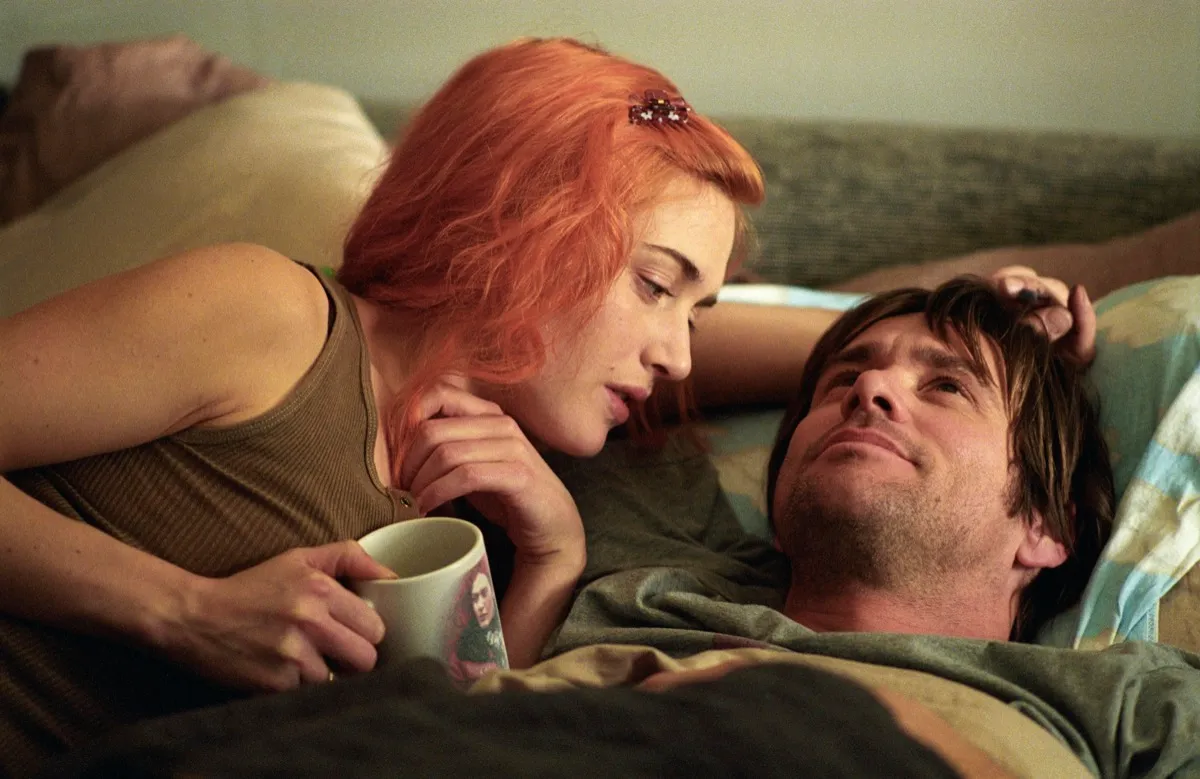
Michel Gondry’s Eternal Sunshine of the Spotless Mind may have dodged many of the pitfalls of the romance film … except for the biggest one. THE BECHDEL TEST. One would think that a film about the tender, nuanced relationship between a man and woman would feature a moment where the female character would talk about something important to her other than a man… but one would be wrong. Eternal Sunshine of the Spotless Mind is about a couple who undergo a medical procedure to forget each other after a painful breakup, only to find each other once again.
Arrival (2016)
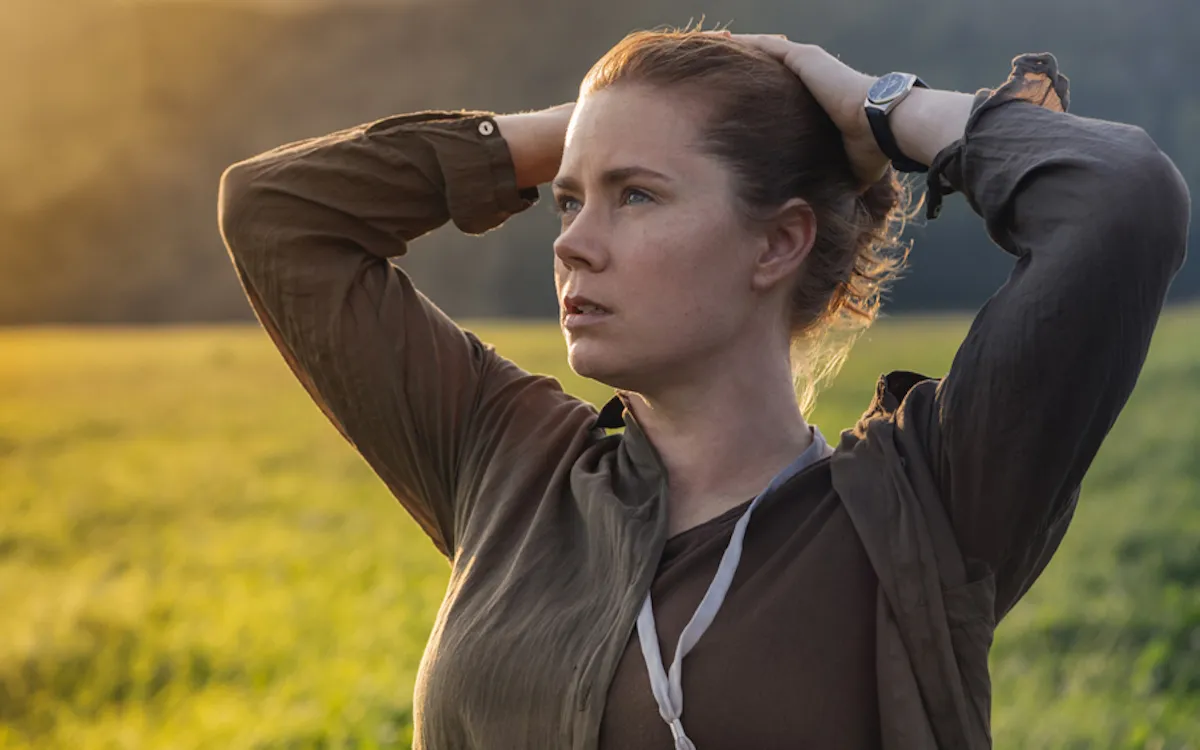
The entire plot of Denis Villeneuve’s Arrival centers around a woman communicating. She’s a LINGUIST for crying out loud. She talks to scientists, military personnel, world leaders, and even ALIENS, but she never once talks to another female character without bringing up a man. To be fair, it is possible that this movie actually DOES pass the Bechdel test, considering that one of the aliens she speaks to could be female. But considering the fact that these aliens are seven-legged starfish/squid-looking things that travel the stars, they are probably FAR beyond notions of the gender binary. Besides, I don’t think it counts unless it’s a human woman.
Marriage Story (2019)

Noah Baumbach’s Marriage Story is a gut-wrenching tale around a divorce between a stage director named Charlie and his actor wife Nicole. Like Eternal Sunshine of the Spotless Mind, the film presents its female characters with the same depth, grace, and agency that it gives to male characters. However Nicole never once has a conversation with another female character that doesn’t come back to Charlie. One would think the poor woman would want to change the subject away from her messy divorce, but one would be wrong.
A Star Is Born (2018)
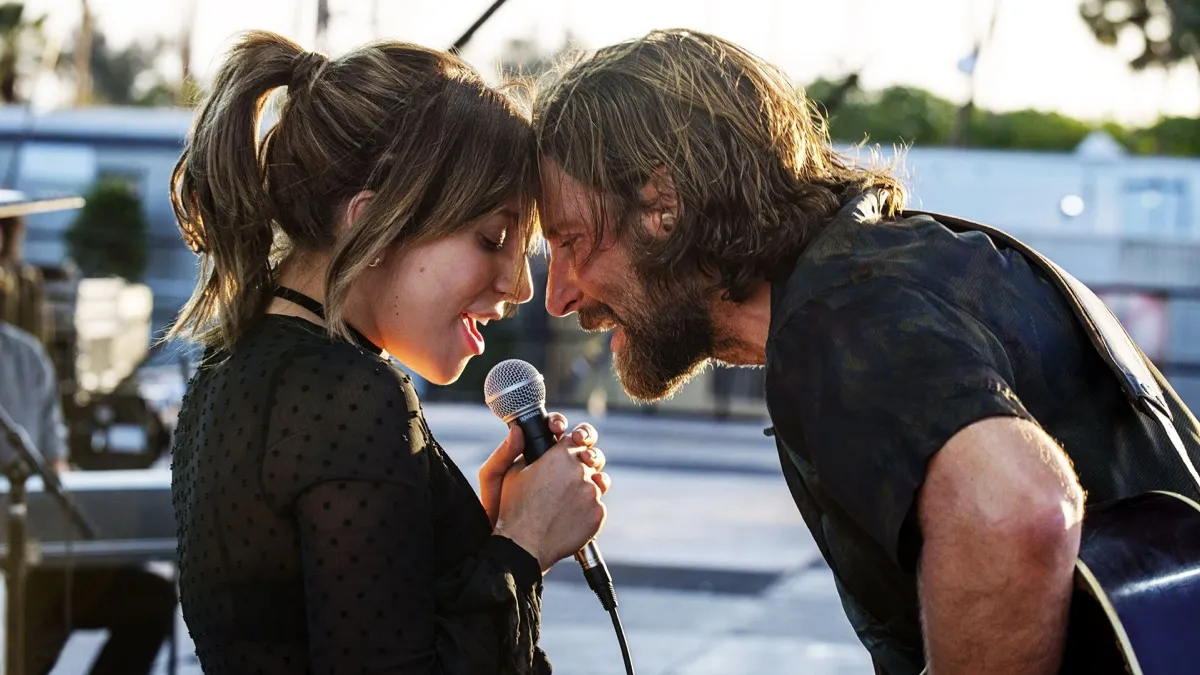
Bradley Cooper’s A Star Is Born is all about a woman coming into her own and owning her power! Except of course the power to have a conversation with another woman that doesn’t involve a man. The story is about an established musician named Jackson Maine, who falls in love with a struggling artist named Ally. She ascends to stardom, while Jackson’s career declines. But somehow she hasn’t found enough success to talk to a woman about anything else. Music? Travel? The weather? All comes back to the boys somehow.
The Lord of the Rings Trilogy (2001 – 2003)

Peter Jackson’s Lord of the Rings Trilogy is 15 HOURS of movie if you’re watching the extended editions (because why wouldn’t you?) but in over half a day’s course of movie, we NEVER see two female characters talking about anything other than men. In fact, I can’t for the life of me remember two female characters talking to each other AT ALL in this film. That’s because they don’t. There is ONE SCENE where a mother hangs a cloak around her daughter and says a few words to her. THAT’S IT. IT’S LITERALLY THREE SECONDS OF SCREEN TIME. WTF PETER.
Do you have any favorite films that surprisingly don’t pass the Bechdel-Wallace Test? Let us know!
(featured image: Lucasfilm)



